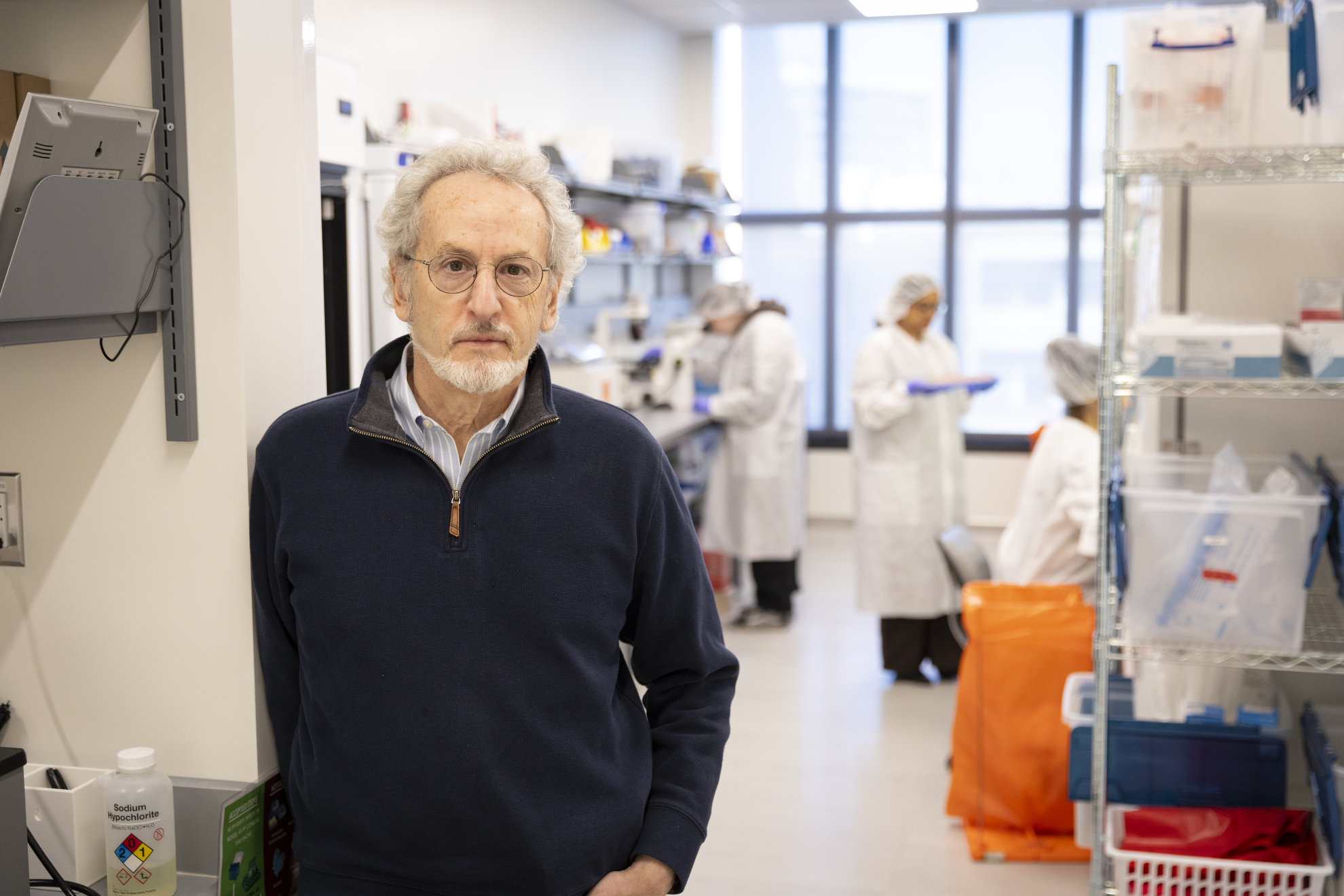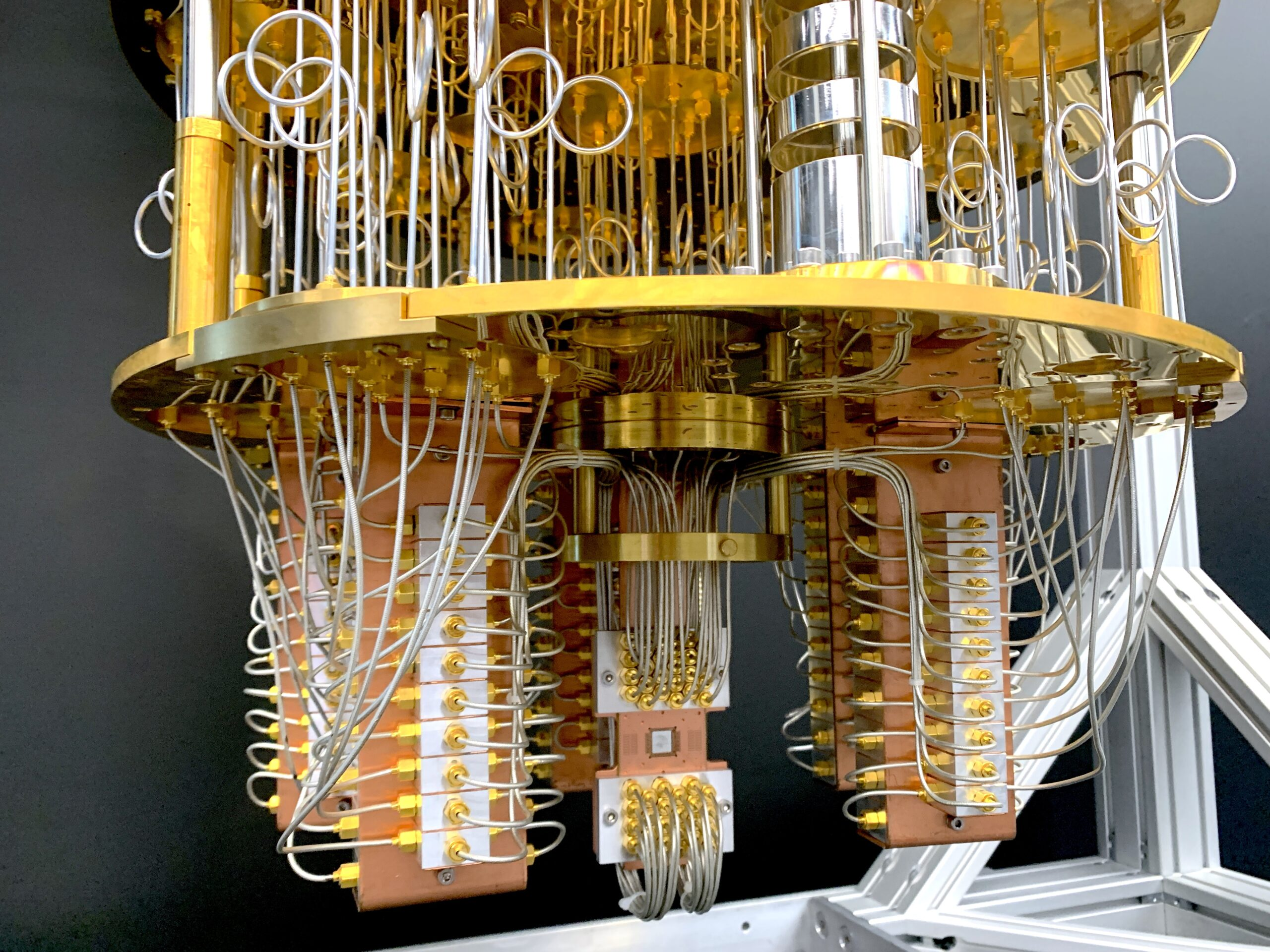The **research funding crisis** gripping institutions like Harvard University poses a significant threat to innovative projects crucial for American advancement. Recent actions from the Trump administration have triggered a halt on over $2.2 billion in essential research funding, abruptly terminating critical initiatives, including groundbreaking work in organ-on-a-chip technology at the Wyss Institute for Biologically Inspired Engineering. As leading minds scramble to salvage their projects, the prospect of losing talents and research efforts that fuel American innovation looms larger than ever. This crisis not only affects Harvard research projects but also has profound implications for the future of biologically inspired engineering and fields that depend on technological breakthroughs. Without immediate resolution and restoration of funds, the potential setbacks to scientific exploration and development could reverberate through various sectors, stunting progress and innovation across the nation.
Currently, the ongoing **funding challenges** impact universities and research organizations nationwide, leading to widespread unease within the scientific community. This predicament underscores the urgent need for a sustainable financing model that secures the future of critical research initiatives. The latest developments at institutions like Harvard highlight the delicate balance between federal funding and academic autonomy, raising questions about the sustainability of American research endeavors. Moreover, the current limitations threaten not just projects in biologically inspired engineering but also the broader pipeline of scientific innovation that has historically been nurtured through robust government-academic partnerships. As researchers face uncertainty, the stakes for the future of groundbreaking technologies and innovations could not be higher.
Understanding the Research Funding Crisis
The recent crisis in research funding has raised alarms in academic circles, particularly following the Trump administration’s controversial decision to freeze $2.2 billion in funding aimed primarily at institutions like Harvard. Researchers, such as Don Ingber of the Wyss Institute, are feeling the effects firsthand as projects are halted, hanging in limbo while lawyers explore the legal avenues of restoring this essential financial support. Such abrupt withdrawals in research funding threaten not only specific projects but also the broader landscape of innovation in America, which relies on partnerships between government entities and academic institutions.
As funding sources dry up, the potential for groundbreaking advancements in fields such as biologically inspired engineering and organ-on-a-chip technology diminish significantly. Ingber’s work at the Wyss Institute, which is critical for understanding how to counteract radiation damage in a rapidly evolving technological era, exemplifies the type of innovative research that could be jeopardized without steady financial backing. This crisis could stifle American innovation and delay progress across various scientific domains that depend on reliable funding.
The Impacts of Funding Restrictions on Scientific Progress
The repercussions of the funding crisis extend beyond immediate project disruptions. They pose a significant existential threat to the current and future workforce in science and technology. Talented researchers, postdoctoral fellows, and students are caught in a web of uncertainty that detracts from their research focus and diminishes morale. Many are considering moving abroad for stability, while others weigh their options within academia, seeking opportunities that are less influenced by the volatile political climate.
This brain drain phenomenon negatively impacts America’s strength as a hub of innovation, where diversity in thought and expertise forms the backbone of groundbreaking technologies. The withdrawal of offers from overseas researchers to work at prestigious institutions like the Wyss Institute signifies a troubling trend that could embolden countries eager to capitalize on American innovation. Therefore, mitigating the fallout from this funding crisis requires immediate attention to create an environment wherein scientists feel secure to pursue their pioneering work without fear.
Organ-On-A-Chip Technology: A Beacon of Hope
Amid the chaos, organ-on-a-chip technology stands as a beacon of hope, particularly in its application towards understanding complex biological processes. Don Ingber’s projects aim to simulate human organs using microfluidic devices, paving the way for revolutionary diagnostics and drug development. Research in this domain could have monumental implications, especially for patients undergoing radiation therapy or those potentially affected by nuclear incidents, underscoring its significance in public health.
This innovative technology blends multiple disciplines, from engineering to biology, ultimately contributing to advancements that keep America at the forefront of global scientific leadership. As Ingber and his team work tirelessly to navigate funding hurdles, the value of their research shines a light on the necessity of sustained investment in such initiatives. Protecting and advancing organ-on-a-chip projects amidst funding challenges is crucial for fostering a better understanding of human health and disease.
The Role of Government in Supporting Academic Innovation
The intersection of government policy and academic innovation is crucial for the development and application of cutting-edge technologies. Historical partnerships have laid the groundwork for American scientific prowess, wherein government funding has traditionally been a catalyst for breakthroughs. However, the recent funding freeze reflects a significant shift in that relationship, raising concerns about the long-term health of America’s innovation ecosystem. It is evident that a stable and cooperative approach between government and institutions like Harvard is essential for maintaining the historical momentum of progress in the sciences.
By understanding the intricacies of how government policies impact research funding, stakeholders can advocate for more transparent practices that align with fostering innovation. The national dialogue surrounding research funding needs to evolve, emphasizing the critical role these investments play not only in technological advancement but also in economic growth and public welfare. The engagement of public figures and scientists alike in communicating these themes is vital to restoring confidence in government funding as a pathway to innovation.
The Future of American Science and Research
As we navigate through this challenging landscape, the future of American science hangs in the balance. The current funding crisis highlights systemic vulnerabilities in how academic research is supported and prioritized. Researchers are increasingly skeptical about the viability of long-term projects, which typically require years of consistent funding to yield meaningful results. The implications of such uncertainty stretch far beyond laboratory walls, potentially stifling the flow of new ideas and technologies vital to America’s competitive edge.
Looking ahead, it is crucial for the scientific community, policymakers, and the general public to advocate for a renewed commitment to supporting research and development. Historically, American innovation has thrived on collaboration between academia and the government, resulting in advancements that benefit society as a whole. A revival of this spirit is necessary to ensure that the United States remains a leader in the global scientific community, allowing researchers to push the boundaries of knowledge and contribute to vital industries and societal challenges.
Protecting Talented Researchers Amidst Funding Challenges
In light of the ongoing funding crisis, protecting the talented researchers who drive innovation becomes paramount. Reports indicate that scientists are contemplating leaving positions at institutions such as the Wyss Institute out of fear for their job security. This sentiment reveals a troubling trend that could further exacerbate the current talent drain facing American academia, especially among those who have immigrated to the U.S. for opportunities in science and technology.
Universities must proactively create supportive environments that prioritize job security and foster talent retention. This can include establishing internal grant programs to alleviate funding concerns and exploring alternative partnerships with private sectors that share a commitment to fostering innovation. The retention of skilled researchers will not only contribute to immediate project successes but also fortify the foundation of American innovation, ensuring that the next wave of scientific breakthroughs can emerge.
International Collaborations and Their Significance
International collaborations present an opportunity to counterbalance the effects of domestic funding constraints. By partnering with institutions around the world, American researchers can leverage additional resources and expertise that may not be available locally. This trend could serve as a counterweight to the funding crises faced within the U.S., allowing scientists to continue their much-needed work without being hindered by domestic policy fluctuations.
These collaborations also foster cross-cultural exchanges of ideas and methodologies, enriching the quality of research produced. Institutions can engage in knowledge transfer that benefits both domestic and international projects, ultimately leading to innovations in fields critical to global challenges such as health, sustainability, and technology. Championing such initiatives will enhance America’s position in the global scientific arena, ensuring that it remains a leader in innovation despite current setbacks.
The Legacy of the Wyss Institute and Its Impact
The Wyss Institute for Biologically Inspired Engineering has made significant strides in research that models natural systems to create practical solutions in health and technology. The current funding crisis threatens the legacy of this remarkable institution, which has been at the forefront of advances such as organ-on-a-chip technologies. The research produced here exemplifies the intersection of engineering and biology, demonstrating how innovative design can lead to real-world healthcare improvements.
Preserving the legacy of the Wyss Institute requires protecting ongoing projects and funding sources that have historically supported its groundbreaking research. As Ingber emphasizes, the work being done here is not only critical for advancing scientific knowledge, but also for maintaining America’s role as a beacon for innovation. Ensuring that the Wyss Institute continues to thrive means safeguarding its research outputs that ultimately have far-reaching benefits for public health and safety.
Advocating for Science: The Need for Public Engagement
Now more than ever, advocacy for science is essential in navigating the complex relationship between funding, policy, and research progress. Public engagement plays a crucial role in raising awareness about the importance of research funding in fields that drive innovation. Efforts to communicate the value of scientific research must be ramped up, focusing on tangible benefits that research brings to society, from healthcare solutions to technological advancements.
Collectively, scientists, politicians, and community leaders can work towards fostering a more informed public discourse to mobilize support for policies that prioritize research funding. By showcasing the importance of innovation in everyday life and linking it to economic prosperity, stakeholders can emphasize the imperative to restore and enhance funding mechanisms. This proactive approach will not only alleviate the immediate impacts of the funding crisis but lay the groundwork for a sustainable future in scientific research.
Frequently Asked Questions
What is the impact of the research funding crisis on American innovation?
The research funding crisis significantly hampers American innovation by halting critical projects and disrupting the collaboration between government and academia that has historically driven technological development. For instance, projects utilizing organ-on-a-chip technology at institutions like Harvard are facing funding freezes due to government actions, jeopardizing advancements in medical research and biotechnology.
How has the Trump administration contributed to the research funding crisis?
The Trump administration has played a role in the research funding crisis by freezing approximately $2.2 billion in research funding for universities like Harvard. This action followed the administration’s demands for changes in governance and hiring practices, leading to legal disputes that exacerbate the funding instability affecting vital research projects.
How does the funding crisis affect Harvard research projects?
The funding crisis has resulted in stop-work orders for key Harvard research projects, such as those led by Don Ingber at the Wyss Institute. Projects like organ-on-a-chip technology, which hold significant contracts for studying human health impacts, are facing interruptions that threaten both research progress and the careers of involved scientists and students.
What are organ-on-a-chip technologies and why are they critical amidst the research funding crisis?
Organ-on-a-chip technologies are innovative platforms that model human organ functions on a microchip, allowing researchers to study disease processes and drug responses. During the research funding crisis, these technologies remain crucial for advancing medical research, particularly in understanding radiation damage and the impact of microgravity on astronauts, which are vital for future space explorations.
What consequences does the research funding crisis have for scientists and researchers at institutions like Harvard?
Scientists and researchers at institutions like Harvard are facing uncertainty, layoffs, and project halts due to the research funding crisis. Many are actively seeking alternative funding opportunities or other positions, as seen with scientists like those at the Wyss Institute who fear losing their jobs amidst the instability caused by funding cuts.
How might the research funding crisis deter international talent from choosing to work in American research institutions?
The research funding crisis and the associated uncertainties make American institutions less attractive to international scientists. Concerns over job security, as evidenced by scientists retracting job acceptances at places like Harvard, illustrate how such instability could deter highly qualified individuals from pursuing careers in the U.S. research landscape.
What steps are institutions taking to navigate the research funding crisis?
In response to the research funding crisis, institutions like Harvard are seeking legal remedies, reallocating personnel, and exploring alternative funding sources. Researchers are also prioritizing communication and advocacy to highlight the significance of academic research to the broader American innovation economy, in hopes of restoring lost funding.
| Key Point | Details |
|---|---|
| Background | Harvard received a stop-work order, freezing research funding due to a dispute with the Trump administration. |
| Research Impact | Stop-work order affected two organ-on-a-chip projects worth over $19 million, vital for studying radiation damage and its effects. |
| Legal Actions | Harvard filed a lawsuit seeking restoration of funding, claiming the administration’s demands were unconstitutional. |
| Research and Innovation | The projects are critical for both healthcare and space exploration, with implications for future nuclear energy and astronaut safety. |
| Staff Concerns | Researchers and students expressed fears about job security and the future of their work. |
| Global Talent Impact | International scientists reconsidering job offers in the U.S. due to instability, affecting America’s position as a leader in innovation. |
| Long-Term Consequences | The funding crisis could undermine the foundation of American technological advancement and the relationship between government and academia. |
Summary
The research funding crisis has revealed the fragility of academic research partnerships in the United States. As government demands clash with institutional integrity, the consequences ripple through scientific communities, jeopardizing vital projects and talent retention. This situation underscores the importance of maintaining a stable and supportive environment for research, which is essential for innovation and development in countless sectors.



